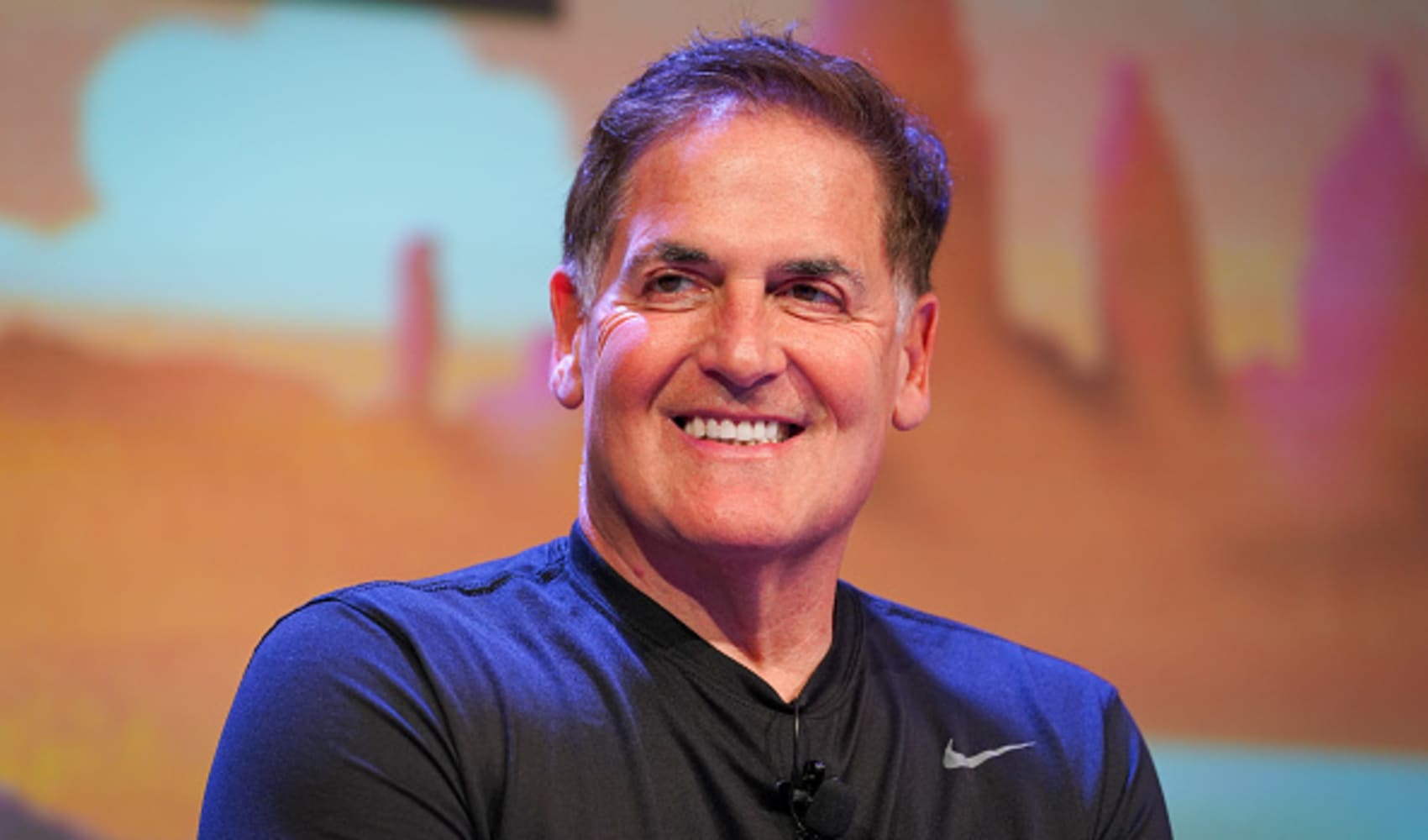Attorney's Torture Chamber: Manhattan Rape Case Shocks!
Manhattan Attorney Accused of Turning Apartment into Torture Chamber
Introduction: A Nightmare Unfolds in the City That Never Sleeps
Imagine living in a city celebrated for its vibrant culture, its boundless opportunities, and its reputation for justice. Now, imagine that very city becoming the backdrop for a chilling tale of depravity and alleged torture. This isn't a plot from a crime novel; this is the stark reality prosecutors are painting regarding Ryan Hemphill, a former private equity executive and attorney accused of turning his Manhattan apartment into what they describe as a torture chamber. This story is a disturbing exploration of alleged power abuse and the importance of holding individuals accountable for their actions.
The Accusations: A Depraved Rampage
According to Manhattan prosecutors, Hemphill, 43, is accused of subjecting six women to horrific acts of violence over a five-month period. The indictment alleges a pattern of rape, physical abuse, and psychological torment. The details emerging from this case are deeply unsettling, depicting a disturbing picture of calculated cruelty.
Details of the Alleged Torture
Waterboarding and Cattle Prods
The allegations against Hemphill include the use of waterboarding, a method widely condemned as torture. He is also accused of shocking his victims with a cattle prod, inflicting immense pain and suffering. These aren't simple assault charges; they are allegations of calculated, premeditated torture. Can you imagine the terror these women must have felt?
Recording the Atrocities: Trophies of Abuse?
Adding another layer of horror to the accusations, prosecutors allege that Hemphill recorded the assaults. These recordings are presented as evidence of his intent and serve as chilling "trophies" of his alleged abuse. The idea that someone would document such acts speaks volumes about the alleged perpetrator's mindset and disregard for human dignity.
The Accused: From Wall Street to the Defendant's Chair
A Former Private Equity Executive and Attorney
Hemphill’s background as a private equity executive and an attorney adds a layer of complexity to the case. He was a man seemingly positioned for success and respect, yet he now stands accused of the most heinous crimes. This stark contrast raises questions about the potential for darkness to exist even in those who seemingly have it all. How could someone with such a background allegedly commit such acts?
The Plea: Not Guilty
Despite the gravity of the charges—a 116-count indictment that includes predatory sexual assault—Hemphill has pleaded not guilty. He remains jailed since his arrest last month. The legal battle is just beginning, and the truth will hopefully emerge through the legal process.
The District Attorney's Statement: "Untouchable" No More
Alvin Bragg's Strong Words
Manhattan District Attorney Alvin Bragg has made a powerful statement, asserting that Hemphill’s alleged threats of impunity were unfounded. “The defendant told these survivors that he was untouchable,” Bragg said. “The indictment makes clear that he was wrong.” This statement underscores the commitment of the justice system to hold even the seemingly powerful accountable for their actions.
The Courtroom Scene: A Cross and Cuffed Hands
Quiet Defiance?
Reports from the courtroom describe Hemphill sitting quietly in a jail suit, clutching a cross behind his cuffed hands. Is this a display of remorse? A plea for divine intervention? Or simply a calculated move? It’s impossible to know his true motivations, but the image paints a striking picture of a man facing serious consequences.
The Victims: Speaking Out Against Silence
Threats and Intimidation
Prosecutors allege that Hemphill attempted to silence his victims by threatening them with arrest or even "disappearance." This adds a layer of fear and control to the alleged abuse. Imagine the courage it took for these women to come forward despite such threats.
The Importance of Support and Resources
This case highlights the critical importance of resources and support systems for survivors of sexual assault. Organizations dedicated to helping victims provide crucial services, including legal aid, counseling, and safe housing. We must ensure that these resources are readily available to anyone who needs them.
The Legal Process: A Long Road Ahead
The 116-Count Indictment
The sheer number of charges in the indictment – 116 counts – suggests the complexity and severity of the case. This will be a lengthy and arduous legal process, involving extensive evidence gathering, witness testimony, and expert analysis. The prosecution will need to present a compelling case to convince a jury of Hemphill’s guilt beyond a reasonable doubt.
The Presumption of Innocence
It's crucial to remember that Hemphill is presumed innocent until proven guilty. This fundamental principle of justice ensures that every defendant has the right to a fair trial. However, the allegations are deeply disturbing and warrant serious attention.
Beyond the Headlines: The Broader Implications
Power Dynamics and Abuse
This case, regardless of the ultimate verdict, shines a spotlight on the power dynamics that can facilitate abuse. The alleged perpetrator’s position of authority and influence may have played a role in his ability to allegedly perpetrate these crimes and silence his victims. We must be vigilant in identifying and addressing these power imbalances to prevent future abuse.
The Need for Societal Change
Ultimately, cases like this demand a broader societal shift in attitudes toward sexual violence. We need to foster a culture of respect, consent, and accountability. This requires education, awareness campaigns, and a commitment to challenging harmful norms and beliefs. Are we truly doing enough to protect vulnerable individuals and prevent such atrocities from happening again?
The Role of Media and Public Perception
Cases like this often generate significant media attention, which can impact public perception. It's essential to approach this story with sensitivity and avoid sensationalism. While it's important to report on the facts, we must also be mindful of the potential impact on the victims and avoid perpetuating harmful stereotypes.
Ethical Considerations for Legal Professionals
As an attorney himself, Hemphill's alleged actions raise significant ethical concerns. Lawyers are held to a high standard of conduct, and any violation of these standards can have severe consequences. If the allegations are proven true, Hemphill could face disbarment and a loss of his professional license.
The Search for Justice
At the heart of this case is the search for justice for the alleged victims. They deserve to have their voices heard and to see the perpetrator held accountable for his actions, if found guilty. The legal process may be long and challenging, but it offers the hope of closure and healing.
Conclusion: A Call for Accountability and Change
The case of Ryan Hemphill is a chilling reminder of the potential for darkness to exist even in the most seemingly respectable individuals. The allegations of rape, torture, and threats paint a picture of depravity and abuse of power. This case underscores the importance of holding individuals accountable for their actions, providing support to victims of sexual violence, and fostering a society that values respect, consent, and justice. The legal process will unfold, and hopefully, justice will be served. This case compels us to reflect on the systemic issues that enable such abuse and to commit to creating a safer and more equitable world for everyone.
Frequently Asked Questions (FAQs)
- What are the main charges against Ryan Hemphill?
He is charged with a 116-count indictment, including predatory sexual assault, rape, and other related crimes. - What evidence is the prosecution using in the case?
Prosecutors are using victim testimony, physical evidence, and recordings allegedly made by Hemphill of the assaults. - What are the potential consequences if Hemphill is found guilty?
If convicted, Hemphill could face significant prison time, depending on the severity of the charges and sentencing guidelines. As an attorney, he could also be disbarred. - What resources are available for victims of sexual assault?
There are numerous organizations that provide support, counseling, and legal aid to survivors of sexual assault. Examples include RAINN (Rape, Abuse & Incest National Network) and local victim advocacy groups. - How does this case highlight the issue of power dynamics in sexual assault?
This case allegedly involves an individual in a position of power and influence using that power to allegedly abuse and silence his victims. It underscores the importance of addressing power imbalances and promoting accountability.




